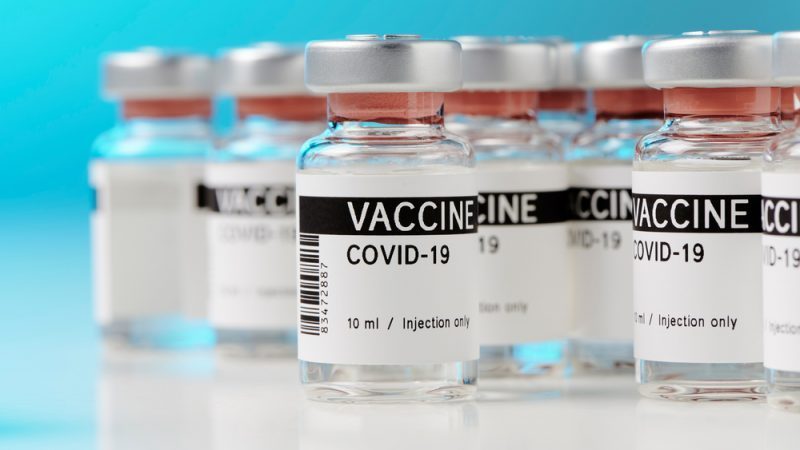Bishop James Conley: Desolation and Consolation
December 12, 2020‘Vatican Manger Mirrors Pope’s Modernism’, by Jules Gomes
December 14, 2020
By Edward Pentin, December 12, 2020
“Any link to the abortion process, even the most remote and implicit, will cast a shadow over the Church’s duty to bear unwavering witness to the truth that abortion must be utterly rejected. The ends cannot justify the means. We are living through one of the worst genocides known to man.”
On the moral illicitness of the use of vaccines made from cells derived from aborted human foetuses
In recent weeks, news agencies and various information sources have reported that, in response to the Covid-19 emergency, some countries have produced vaccines using cell lines from aborted human foetuses. In other countries, such vaccines are being planned.
A growing chorus of churchmen (bishops’ conferences, individual bishops, and priests) has said that, in the event that no alternative vaccine using ethically licit substances is available, it would be morally permissible for Catholics to receive vaccines made from the cell lines of aborted babies. Supporters of this position invoke two documents of the Holy See: the first, from the Pontifical Academy for Life, is titled, “Moral reflections on vaccines prepared from cells derived from aborted human foetuses” and was issued on June 9, 2005; the second, an Instruction from the Congregation for the Doctrine of the Faith, is titled, “Dignitas Personae, on certain bioethical questions” and was issued on September 8, 2008. Both of these documents allow for the use of such vaccines in exceptional cases and for a limited time, on the basis of what in moral theology is called remote, passive, material cooperation with evil. The aforementioned documents assert that Catholics who use such vaccines at the same time have “the duty to make known their disagreement and to ask that their healthcare system make other types of vaccines available.” …







